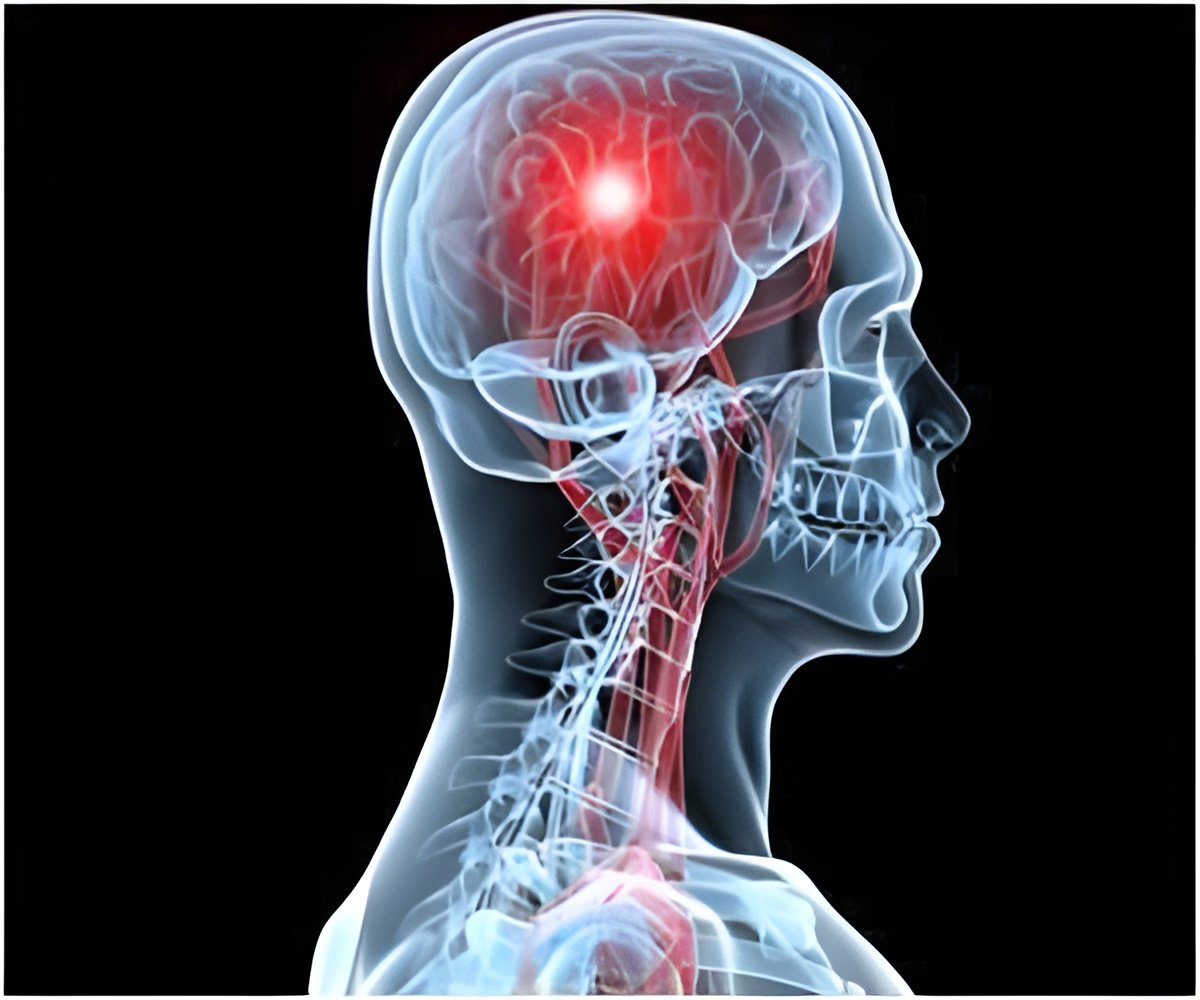
It is well known that as people age, they tend to forget things more often, are more easily distracted and disrupted by interference, and have greater difficulty with executive functions.
While these age-related deficits have been known for many years, the cellular basis for these common cognitive difficulties has not been understood.
Now Yale researchers have found that the neural networks in the brains of the middle-aged and elderly have weaker connections and fire less robustly than in youthful ones.
Interestingly, the condition can be reversed with drugs.
"Age-related cognitive deficits can have a serious impact on our lives in the Information Age as people often need higher cognitive functions to meet even basic needs, such as paying bills or accessing medical care," said Amy Arnsten, Professor of Neurobiology and Psychology and a member of the Kavli Institute for Neuroscience.
Advertisement
The new study examined for the first time age-related changes in the activity of neurons in the prefrontal cortex (PFC), the area of the brain that is responsible for higher cognitive and executive functions.
Advertisement
This ability, called the "Mental Sketch Pad", is also essential for executive functions, such as multi-tasking, organizing, and inhibiting inappropriate thoughts and actions.
Arnsten and her team studied the firing of prefrontal cortical neurons in young, middle-aged and aged animals as they performed a working memory task.
Neurons in the prefrontal cortex of the young animals were able to maintain firing at a high rate during working memory.
In the ageing monkeys, the connections were weaker and the brain cells fired less often.
But giving them guanfacine, a medication that is already approved for treating hypertension in adults, significantly speeded up the process, making it more akin to that in young animals.
Experts at Yale have already started testing guanfacine on healthy men and women to see if it stops memory lapses.
The study is published in the current issue of Nature.
Source-ANI














